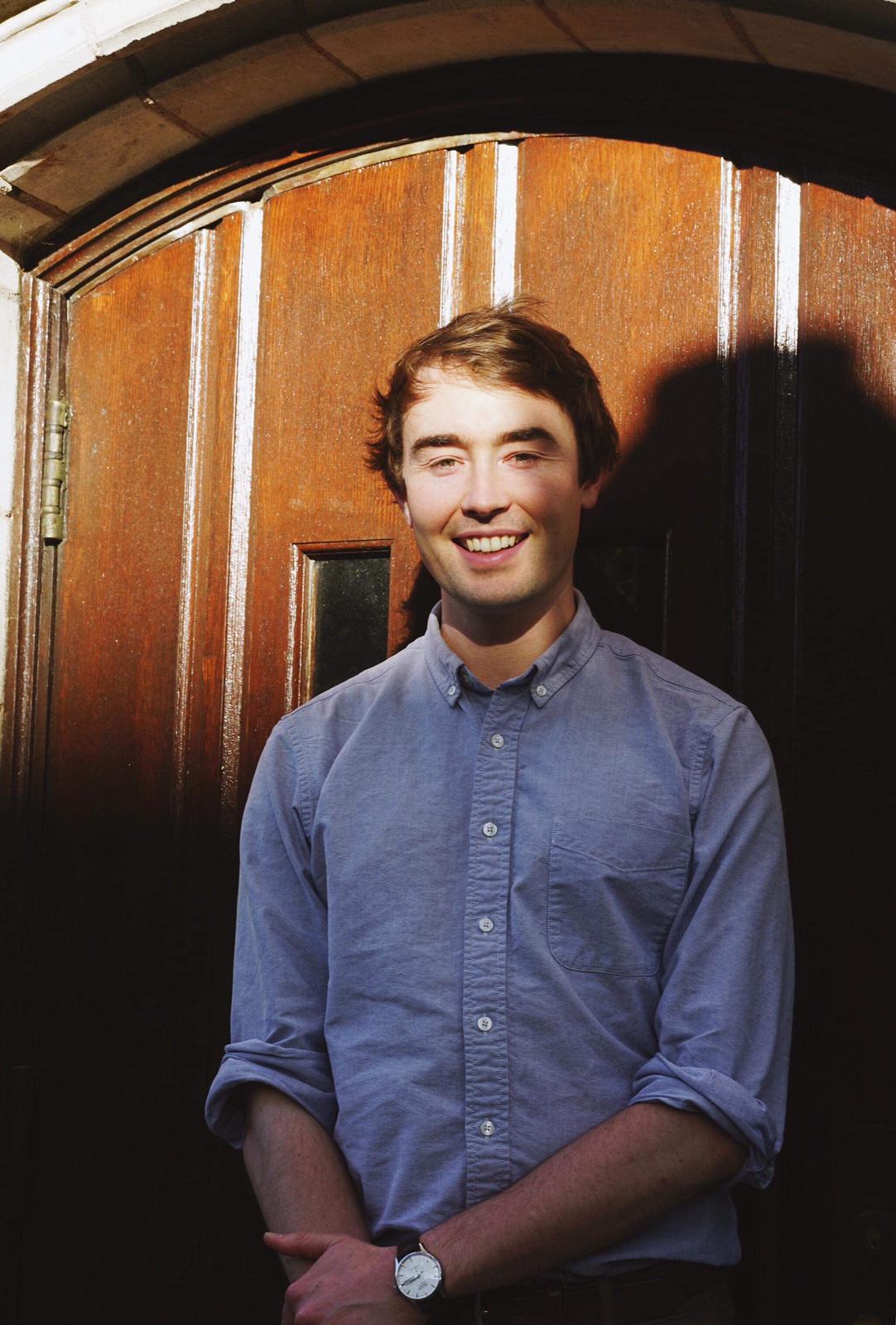Amami and amami: Japanese sugar in a global context, 1700-1900 (Yale Environmental History Workshop Series)
Amami and amami: Japanese sugar in a global context, 1700-1900 (Yale Environmental History Workshop Series)
Wednesday, September 25, 2019
4:00 PM - 5:00 PM
McClellan Hall, Room 101
Thomas Monaghan (Yale History)
Thomas Monaghan presents a part of his ongoing research, “Amami and amami: Japanese sugar in a global context, 1700-1900.”
The history of sugar is primarily an Atlantic story, often told from the perspective of European cities, Caribbean islands, Brazilian coastlines, slavery from Africa, and British factory workers. This reflects the scale of the sugar economy in the Atlantic world and the especially exploitative system – of both human lives and cheap nature - which emerged there, the legacy of which still casts a long shadow over the societies and politics of the Americas, Europe and Africa. East Asia, however, also produced and consumed large amounts of sugar in a growing regional trade from the seventeenth century. In this formative era for the global sugar trade, sugar economies in Asia and the Americas, the Pacific and the Atlantic, did not develop discretely but were interconnected through the transfers of technology, goods, and people. Focusing on Eastern Shikoku and the Amami islands, this paper will examine how sugar was produced in Japan and the sociotechnical systems that emerged in relation to it. Comparing Japanese technology with that used in Brazil, Cuba, and China, it argues that developments in the production of sugar in the Japanese islands from 1700 to 1900 were significant in terms of the methods used, the scale of the industry which emerged by the mid-nineteenth century, and the connections, convergences, and divergences with the global sugar economy.
Tom Monaghan is a third year PhD student in history. His research examines island societies in Japan, the Ryukyu archipelago, and Taiwan across the early-modern to modern periods, drawing connections between Japan’s sugar history and that of the Atlantic world.
This event is part of the Yale Environmental History Fall 2019 Workshop Series.
To attend and request a copy of the pre-circulated chapter manuscript, please email environmentalhistory@yale.edu.
